Articles.

Reimagining the Great American Novel with Demon Copperhead by Barbara Kingsolver
The re-imagination of the Great American Novel…

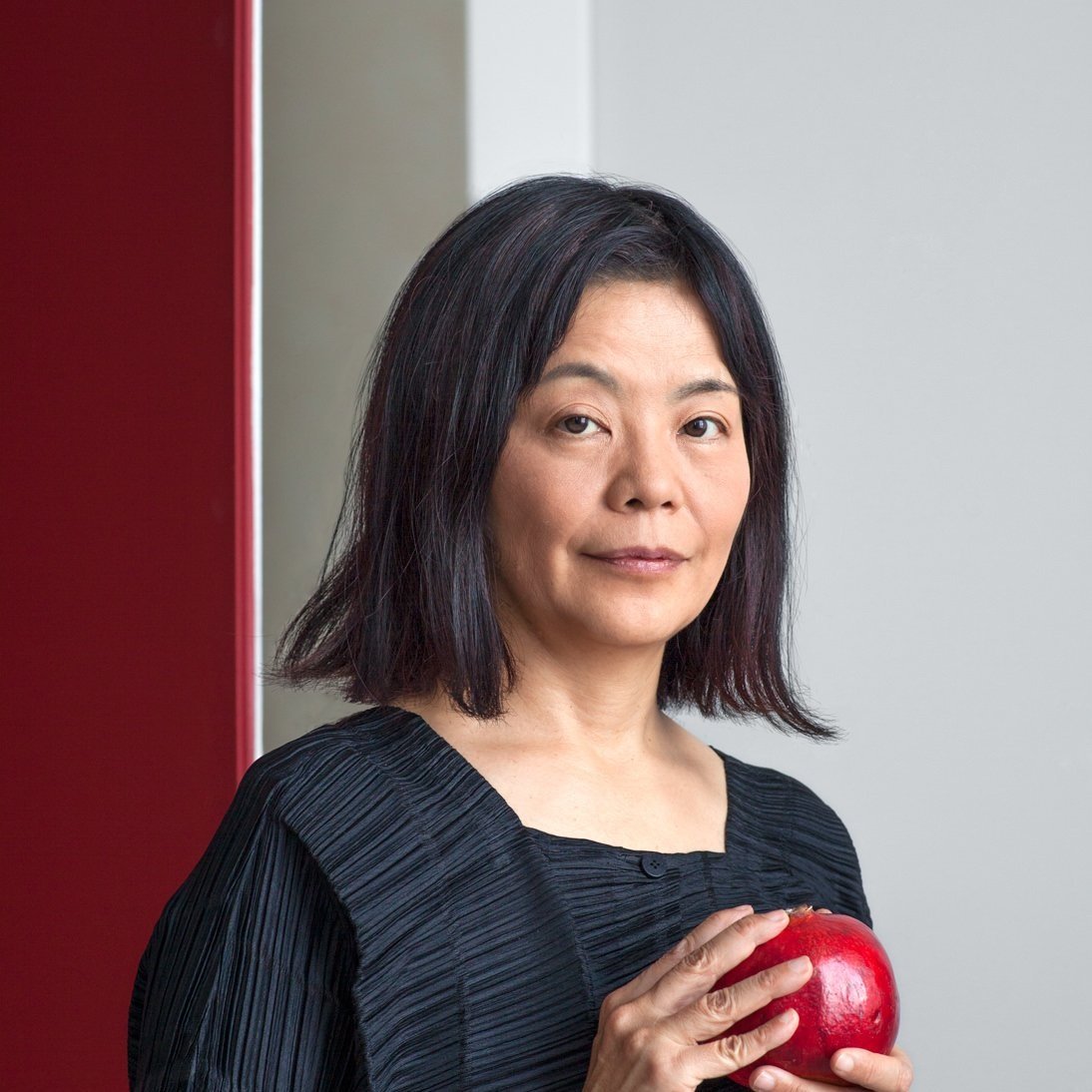
A good idea, a bad execution - The Emissary by Yoko Tawada
Good questions, bad answers, the book.


A short wonderful book; Bonsai by Alejandro Zambra
A tale to remember about human connections…

In conversation with Lolita - My Dark Vanessa by Kate Elizabeth Russell
A response to Dolores Haze story…

The Minotaur is depressed and smokes - Steven Sherril
A heartbreaking story of true loneliness…

Why had I never heard of The House of Sleep? - Jonathan Coe
Is this the best love story in literature?

The Most Beautiful book you will ever read, Open water - Caleb Azumah Nelson
The writing, the story and the message, beautiful…

How to Kill your Family is deadly boring - Bella Mackie
I can’t even explain how bored this book made me…


Why is Before the Coffee gets Cold so popular? - Toshikazu Kawaguchi
Four stories about love, friendship and family and… coffee…

Is Beautiful World, where are you, that Beautiful? - Sally Rooney
The new release everyone was waiting for…
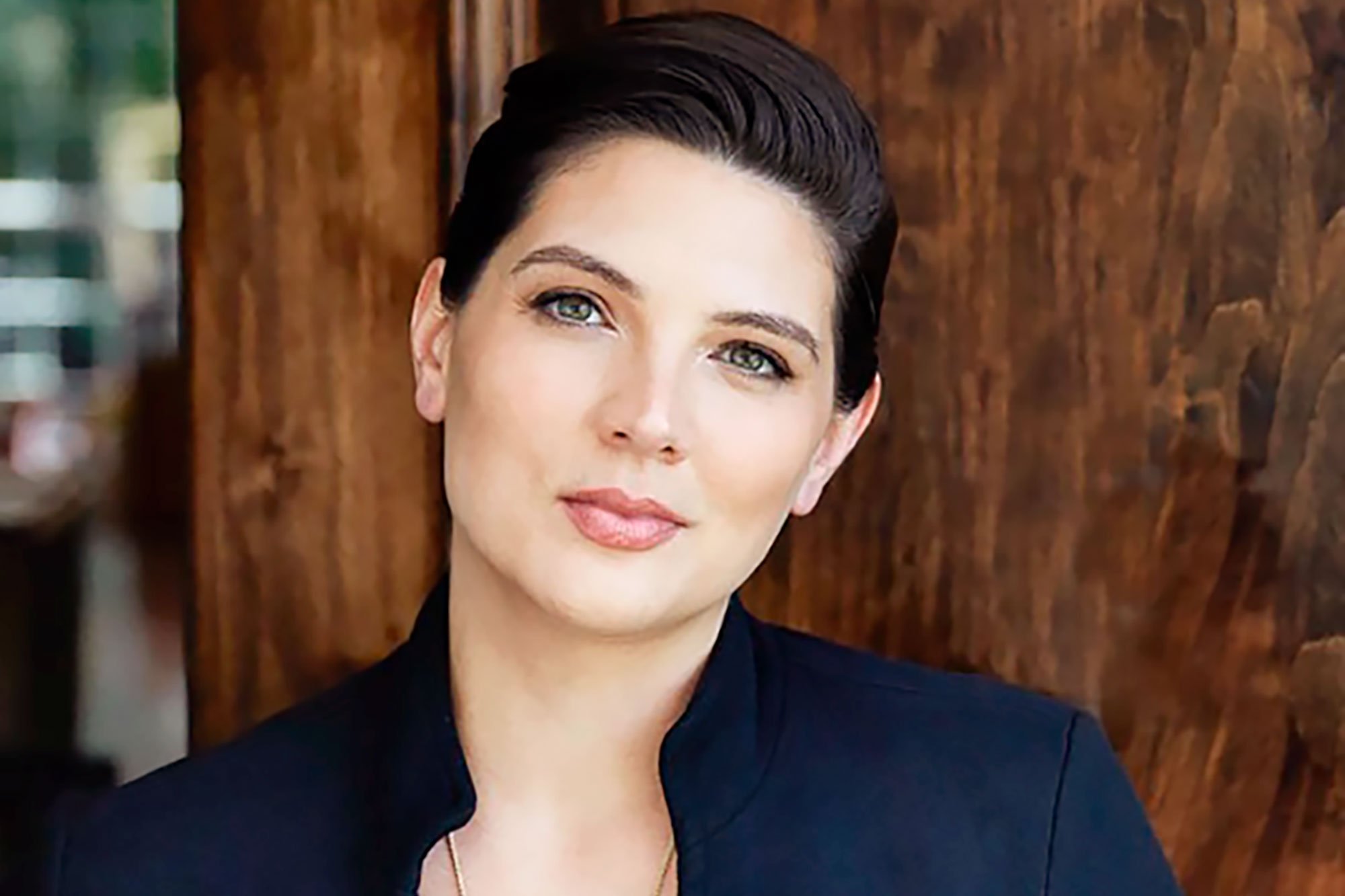
Evelyn Hugo, a fake Celebrity in everyone’s hearts - Taylor Jenkins Reid
A book that is everywhere…

A book everyone should read; Kim Jiyoung, Born 1982 by Cho Nam-Joo
Understand the pain that Kim Jiyoung goes through, and you will understand the true nature of sexism not only in South Korea but the world.

The long Wind-up Bird Chronicle by Murakami
The infamous Wind-up Bird Chronicle by Murakami has many mixed feelings but I believe it to be a masterpiece.
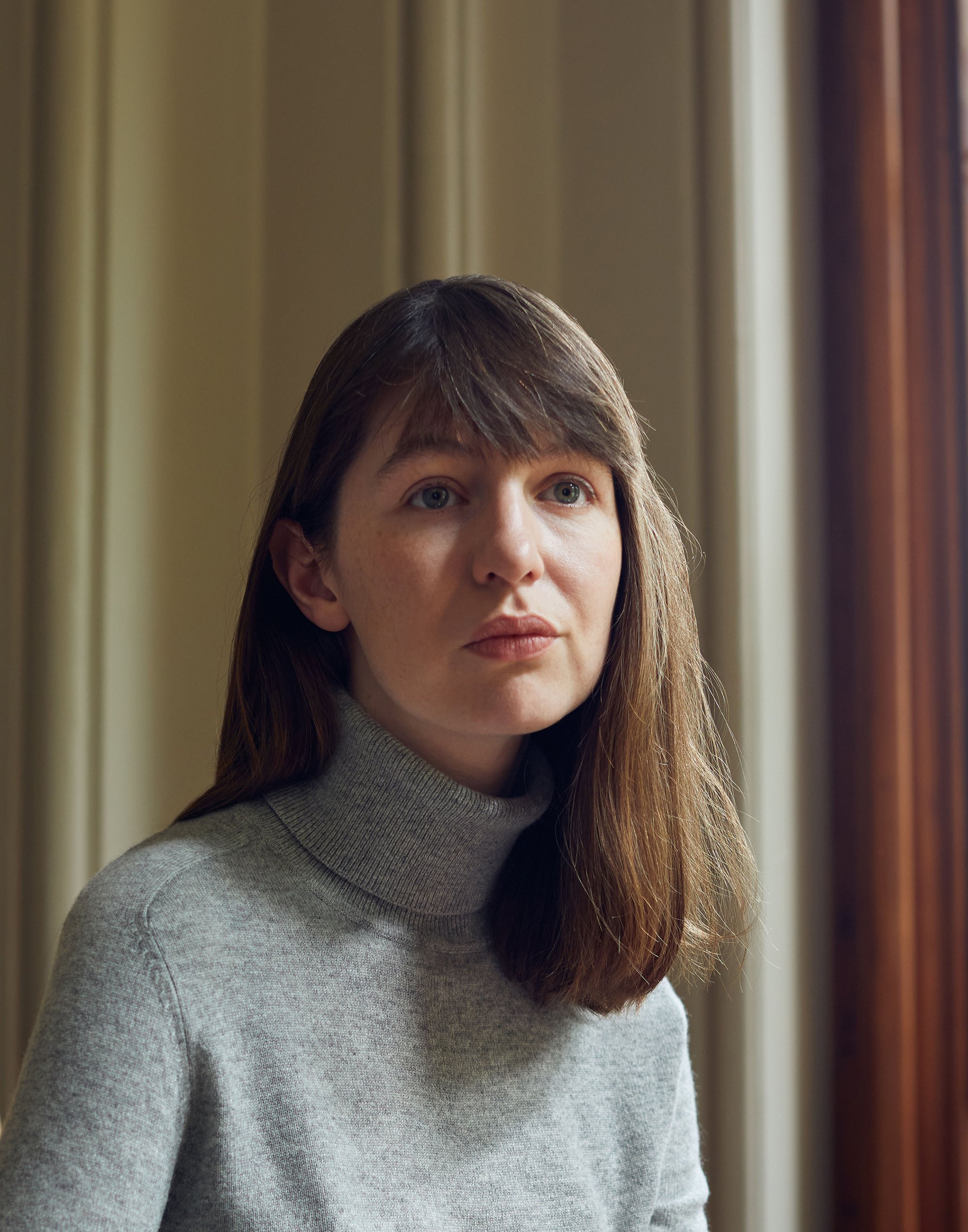
I am shocked at how confused Conversation with Friends left me - Sally Rooney
The debut novel by Sally Rooney might not be the best but what really shines is the complexity of its characters.

Normal People is meant for normal people - Sally Rooney
I think the title of this book says it all. If you read this book the characters will stay with you for ever!
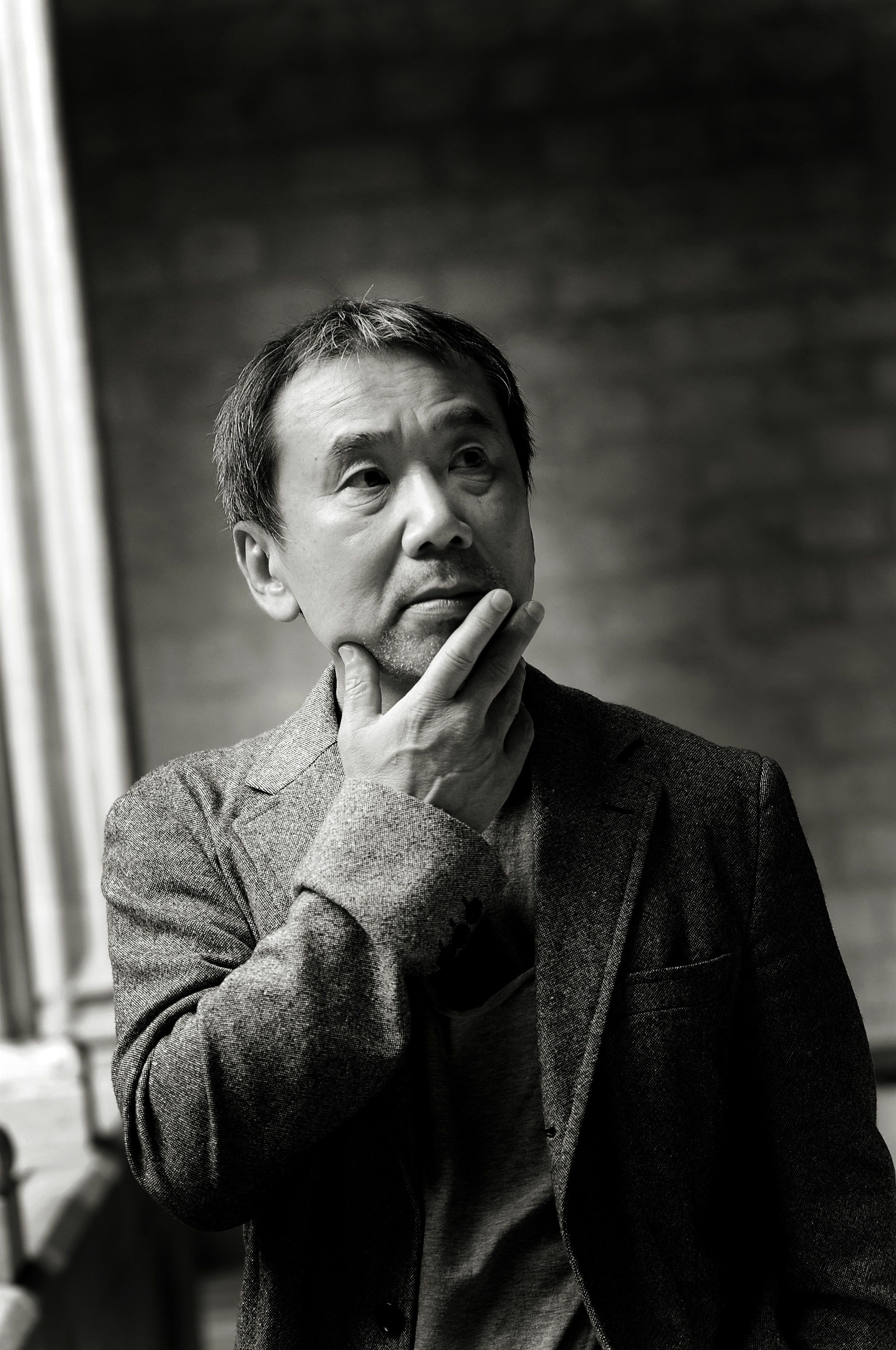
First Person Singular, another confusing mesmerising book by Murakami.
Eight short stories, Haruki Murakami, beautiful cover, what could go wrong?
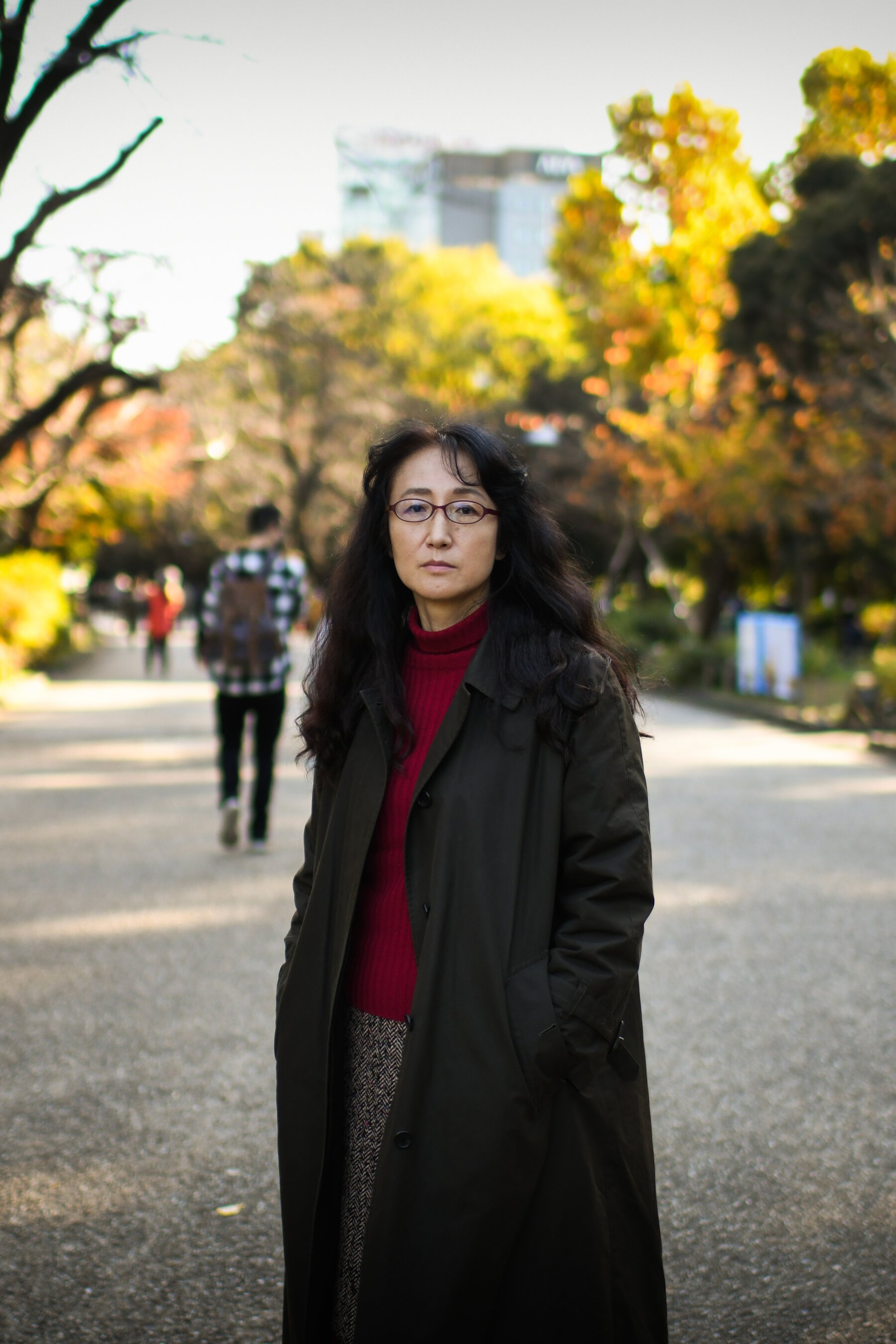
The Homeless Japanese ghost by Miri Yu
If I had to recommend a book to start with Japanese literature, I would recommend this book. It is a great introduction that shows all the wonders of this type of literature…